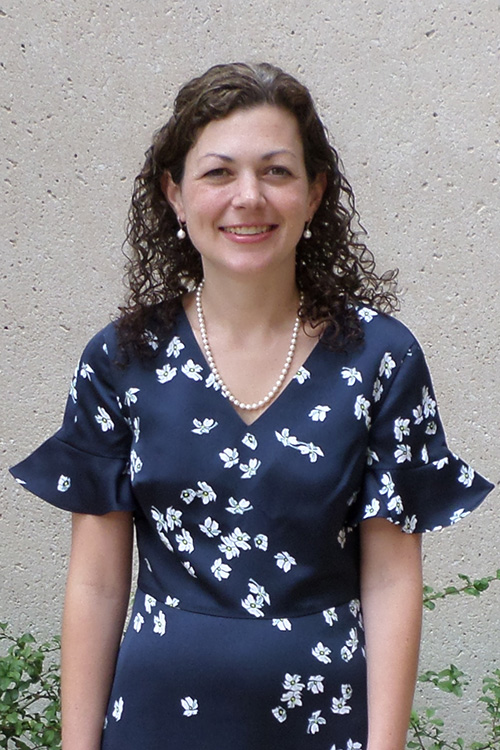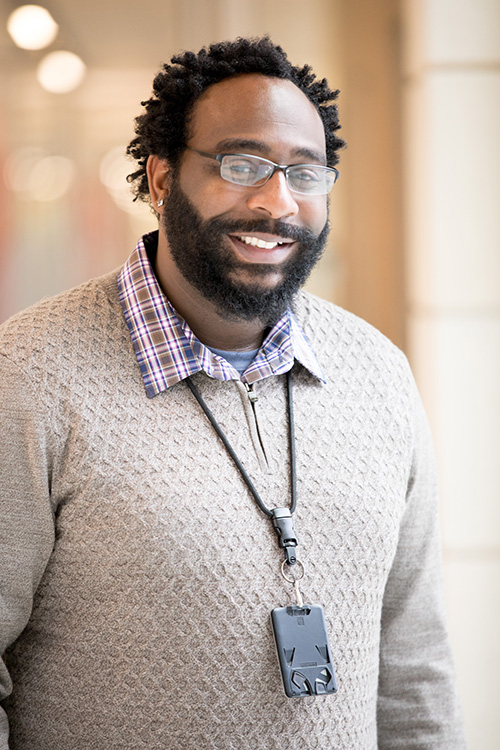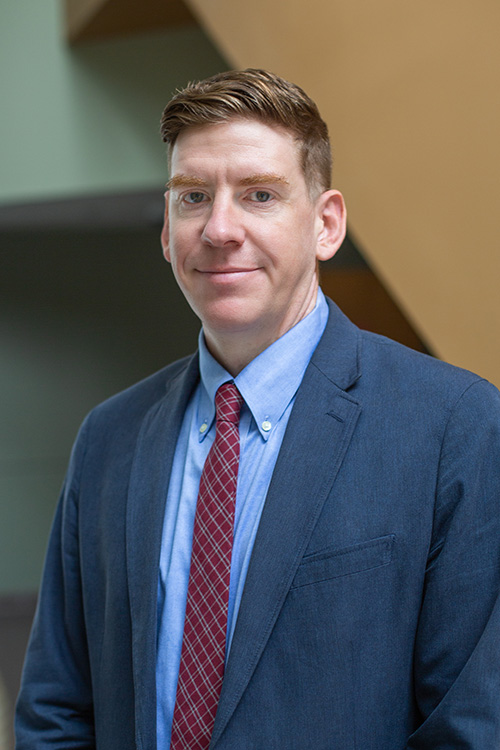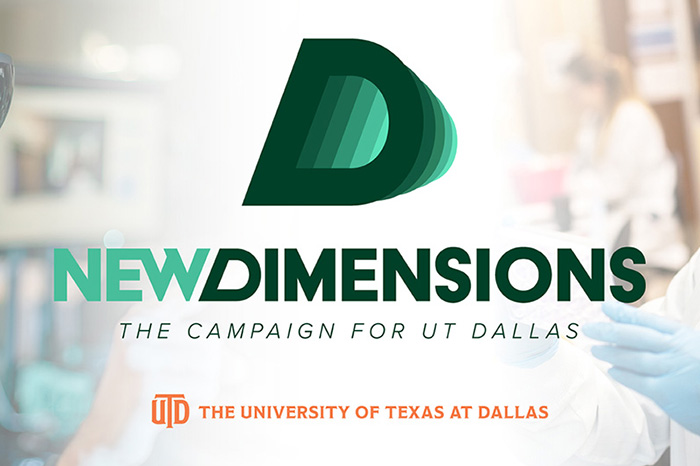Scholarship Program Expands Access for Undergraduate Neuroscience Researchers
By: Stephen Fontenot | Dec. 8, 2021

The University of Texas at Dallas School of Behavioral and Brain Sciences (BBS) has received a two-year, $900,000 grant from Communities Foundation of Texas’ W.W. Caruth, Jr. Fund to expand neuroscience research opportunities for underrepresented undergraduates from the Dallas-Fort Worth area.
The Enhancing Neuroscience Undergraduate Research Experiences (ENSURE) program will cover tuition, housing and stipends for at least 10 exceptional sophomores and juniors who will conduct intensive neuroscience research over two years.
The program will focus on research training and professional development and will be led by three neuroscience faculty members as co-directors: associate professor Dr. Benedict Kolber, assistant professor Dr. Michael Burton, and assistant professor of instruction Dr. Anna Taylor. Applications will open later this month.

“For a major institution in a major metropolitan area, a program like this fortifies opportunities for the students in this community,” Burton said. “And to have the ability to help students become the crucial parts of society that they want to be is really exciting.”
Participants will conduct neuroscience research during four academic semesters for 10 to 15 hours per week, as well as during one to two full-time summers, while also receiving professional development, attending seminars and presenting their research at on-campus symposiums and off-site conferences.
“The day-to-day experience will include working in research labs Monday through Friday in addition to taking coursework,” Taylor said. “The lab is where a lot of the essential training will happen, though we’re supplementing it with other workshops. The best way to get ready to be a research scientist is working at the bench every day and learning from the people around you.”
Ideal candidates will be minority, first-generation students from low-income backgrounds who have expressed a desire to pursue an advanced degree toward a career in biomedical research.

“So many of our graduates make their long-term homes in the Dallas-Fort Worth area, which means we’re perfectly aligned with the goal of Communities Foundation of Texas — ‘to build thriving communities for all,’” Kolber said. “We want to identify students that intend to stay, get them into programs and enable them to contribute intellectually to the region.”
Sarah Cotton Nelson, chief philanthropy officer at Communities Foundation of Texas (CFT), emphasized the importance of increased diversity in the field to represent the region better.
“This program furthers CFT’s vision to build thriving communities for all, as today only 20% of graduate and postdoctoral trainees in neuroscience are people of color,” she said. “A diverse workforce is imperative to help combat health inequities.”
Marcos Chavez, a program manager in the Center for Advanced Pain Studies, played a key role in planning the grant proposal and provides administrative support for the program. He said ENSURE targets gaps in several demographic categories, including racial disparities.

“Among medical doctors and across science in general, Black, Hispanic and Native American populations are underrepresented, both in Texas and nationwide,” Chavez said. “UT Dallas is a Top 40 school in the nation in supplying medical school applicants, and we have a diverse undergraduate student body. We can supply even more diverse applicants and provide those opportunities for people to get to the next level.”
Taylor will lead off the program with a first-semester course in research techniques.
“Introduction to Neuroscience Research Skills is designed to train students in techniques commonly utilized in neuroscience research, in safe and ethical laboratory practices, and in scientific communication,” Taylor said. “It is going to expose students to the skills they’re going to need in order to do research, so that they’re primed and ready to join labs.”
Kolber emphasized the dual objectives of preparing participants to conduct research as undergraduates and moving to the next level of their education.
“We’ll have monthly meetings for the individual fellow with a research advisor and a career mentor,” he said. “While they do research and learn about scientific writing and presenting, we’ll also make sure they focus on what they need to do professionally to get to medical school or graduate school.”
Diverse students have so much to offer, Taylor said, because they bring new voices to the table.

To learn how UT Dallas is attracting the best and brightest students, explore New Dimensions: The Campaign for UT Dallas.
“As scientists, we may be unable to ask certain questions because we haven’t even thought of them. The lack of diversity can mean we’re thinking about the same things from the same perspective,” she said. “Having someone come in and ask a question you’ve never considered before — that is what moves science forward.”
The gift from CFT’s W.W. Caruth, Jr. Fund also supports New Dimensions: The Campaign for UT Dallas. The W.W. Caruth, Jr. Fund at CFT is dedicated to frontier-advancing projects in public safety, education, and scientific and medical research. The public foundation manages more than 1,200 charitable funds for individuals, families, companies and nonprofits in addition to powering several key initiatives, including North Texas Giving Day. CFT has awarded more than $2 billion in grants since its founding in 1953.
Media Contact: Stephen Fontenot, UT Dallas, 972-883-4405, stephen.fontenot@utdallas.edu, or the Office of Media Relations, UT Dallas, (972) 883-2155, newscenter@utdallas.edu.





